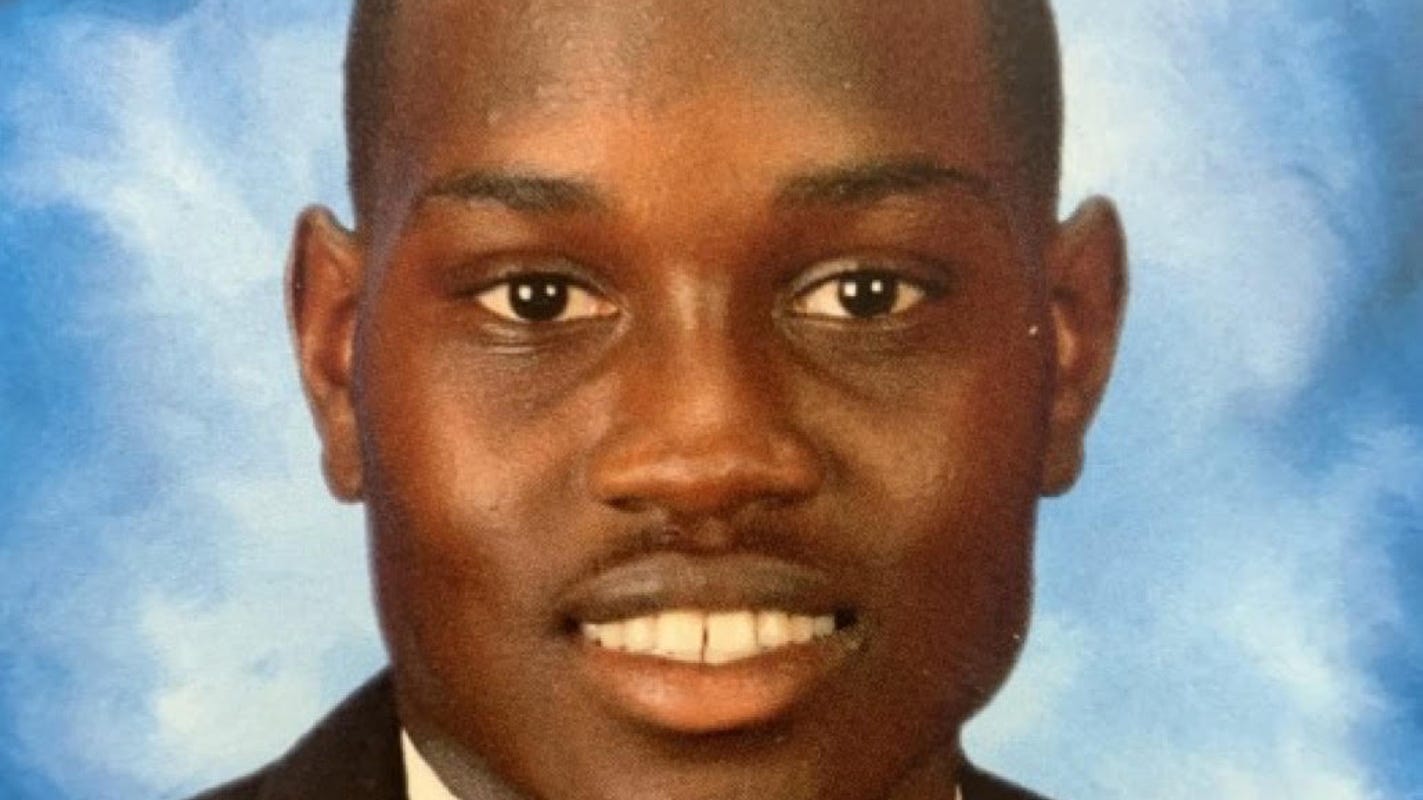The United States has a long history of racial terror lynchings. Particularly from the Civil War until this day, thousands of Black men, women and children have been indiscriminately killed for a myriad of reasons. When that killing took place at the hands of 3 or more, it was called a lynching. In attempts to address the phenomenon legally, the definition of the term has been restricted, particularly by the NAACP, to be a killing in which the killers acted under the pretext of justice, their race, or tradition.
Login to read more
Sign in or create a free account to access Subscriber-only content.
Topics:
